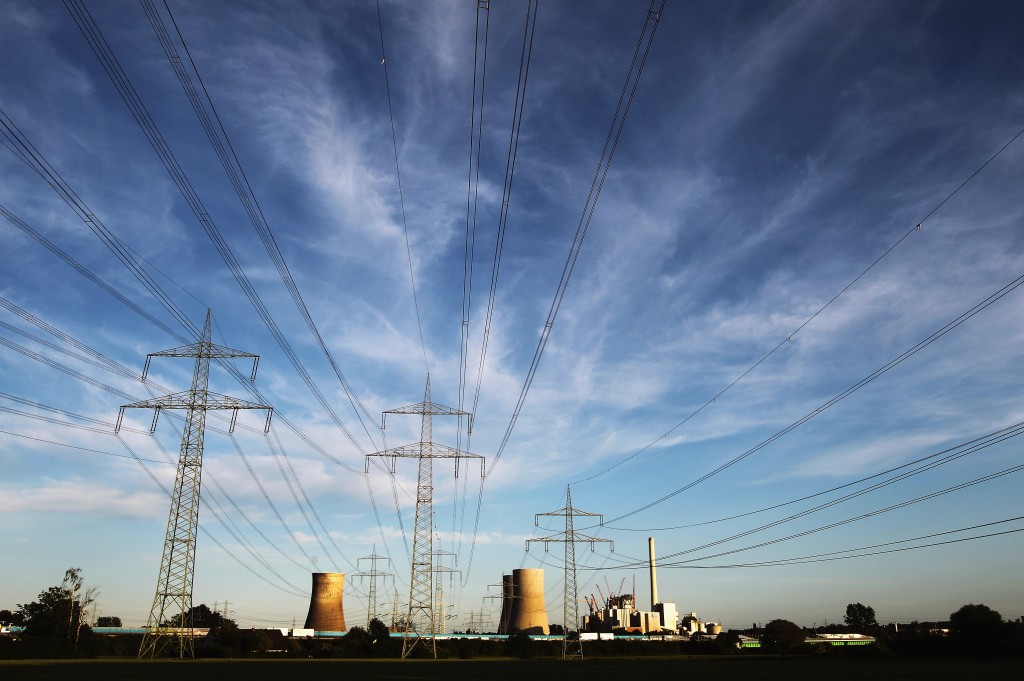Dear State Public Utility Commission Chairmen and Chairwomen, Risk management isn’t a new concept for any of the utility companies you regulate, nor I’m sure, is it new for you and your team. When large storms or fires cause power outages, you monitor how quickly electric utilities return service to customers. When proposals for new… Keep reading →
Deregulation
Opinion: Open Letter on Cybersecurity to State Commission Chairs
By Andy BochmanSign up and get Breaking Energy news in your inbox.
We will never sell or share your information without your consent. See our privacy policy.
Are deregulated power markets producing the long-term, reliable energy infrastructure that manufacturers need to invest and expand?
The issue looms because the Marcellus Shale natural gas boom has raised the potential for a “manufacturing renaissance” in Pennsylvania and other shale states, David Ciarlone, manager of Global Energy Services for Alcoa told the Federal Energy Regulatory Commission’s (FERC) technical conference on growing electricity and gas industry interdependencies recently held in Washington, DC. Keep reading →

A new service that tracks wholesale electricity prices in real time is designed to build consumers’ understanding of how power is generated and how it gets to them.
The Electricity Price Ticker, launched on April 17 by the grid operator PJM Interconnection and the University of Pennsylvania’s Penn Institute for Urban Research, provides pricing updates every five minutes for wholesale electricity in the southeastern Pennsylvania territory covered by PECO. Keep reading →

Dallas Smith is saving $250 a month on his business’s electric bill thanks to increasing competition spurred by Pennsylvania’s ongoing market deregulation.
The president of Smith Village Home Furnishings, a family business in Jacobus, southern Pennsylvania, has signed up with NextEra Energy Services, one of dozens of new energy suppliers in the state, to get power at 8 cents a kilowatt hour for 24 months, saving him 8% compared with power from his old supplier, the utility Met-Ed. Keep reading →


Untangling The New Regulation: AOL Energy Week In Review
By Peter GardettHas the deregulation of the energy industry gone into reverse?
Energy deregulation was a central theme of the 1990s, a trend that swept the developed world as ways to liberate markets were sought out in the wake of seemingly-successful deregulation efforts elsewhere in the economy in the preceding decade. No longer would customers pay out regulated, regular rates to monopoly corporations with lengthy planning timelines and no incentive to cut costs or employees. Creative destruction was the name of the game, and politicians and power regulators got roughly half-way through rewriting the rules of power markets before the implosion of Enron put the brakes on efforts at further deregulation, which have been halting and piecemeal. Keep reading →